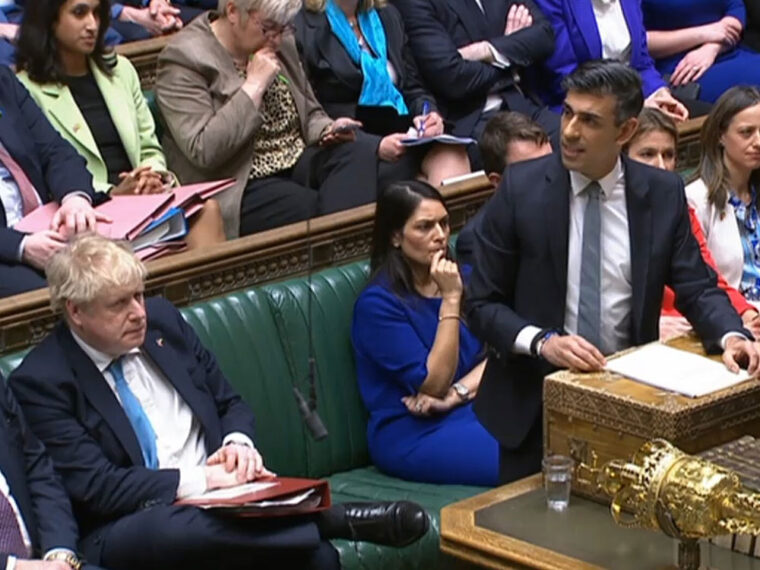Disposable income to fall by the largest amount since records began

Households were facing the biggest hit to their living standards since the 1950s as new support measures were announced on Wednesday.
The Office for Budget Responsibility (OBR) outlined a short-term outlook where “real household disposable incomes per person fall by 2.2% in 2022-23, the largest fall in a single financial year since ONS records began in 1956-57.”
The OBR said: “Petrol prices are already up a fifth since our October forecast and household energy bills are set to jump by 54% in April.
“If wholesale energy prices remain as high as markets expect, energy bills are set to rise around another 40% in October, pushing inflation to a 40-year high of 8.7% in the fourth quarter of 2022.”
The OBR added that: “Taking account of both energy and non-energy pressures on household incomes, the policy measures announced since October offset a third of the overall fall in living standards that would otherwise have occurred in the coming 12 months.”
According to the Institute for Fiscal Studies (IFS) think-tank, bringing together the expected changes in earnings, the reforms to taxes, and the energy measures announced in February, a middle earner on £27,500 per year can expect to be about £360 worse off this year than they were last.